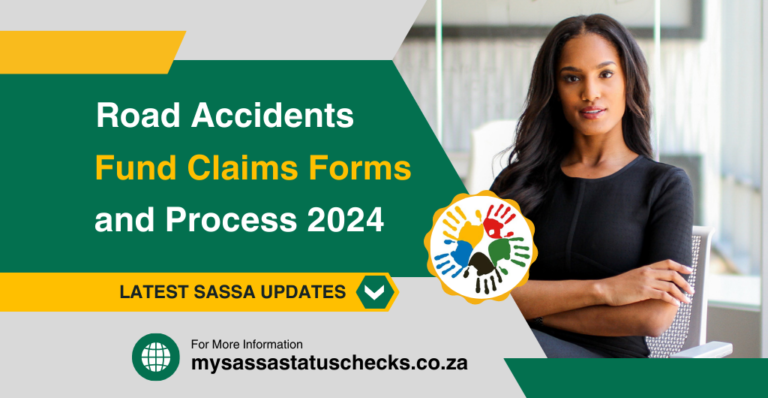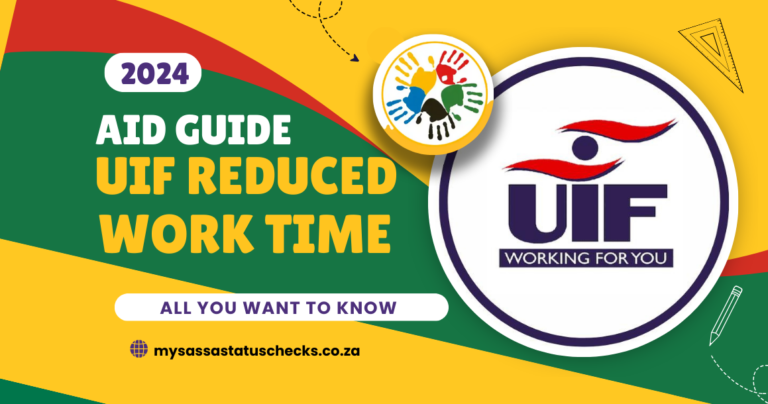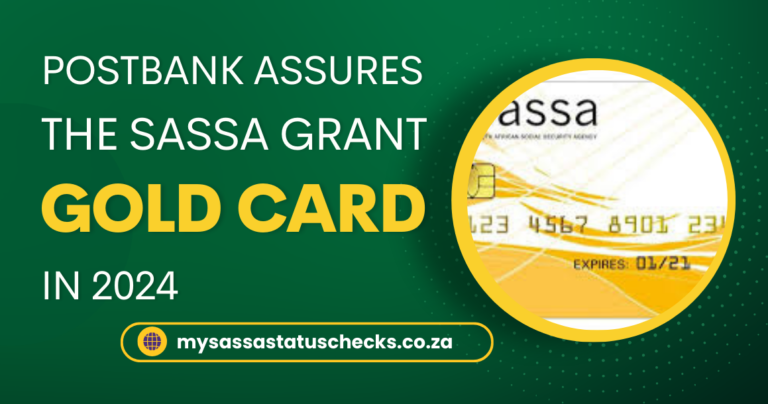SASSA Disability Grant – All you want to know
What is a SASSA disability grant?
SASSA disability grant is available for you if you have some sort of mental or physical disability which makes it hard to work for a long period, mostly 6 months.
You can obtain these grants if the disability in question will continue for more than a year or two whereas you get a temporary one if your disability will be within a time period of 6-12 months. Please remember that a permanent disability grant doesn’t mean you will get these grants for life, but it will only be granted for 12 months or higher.
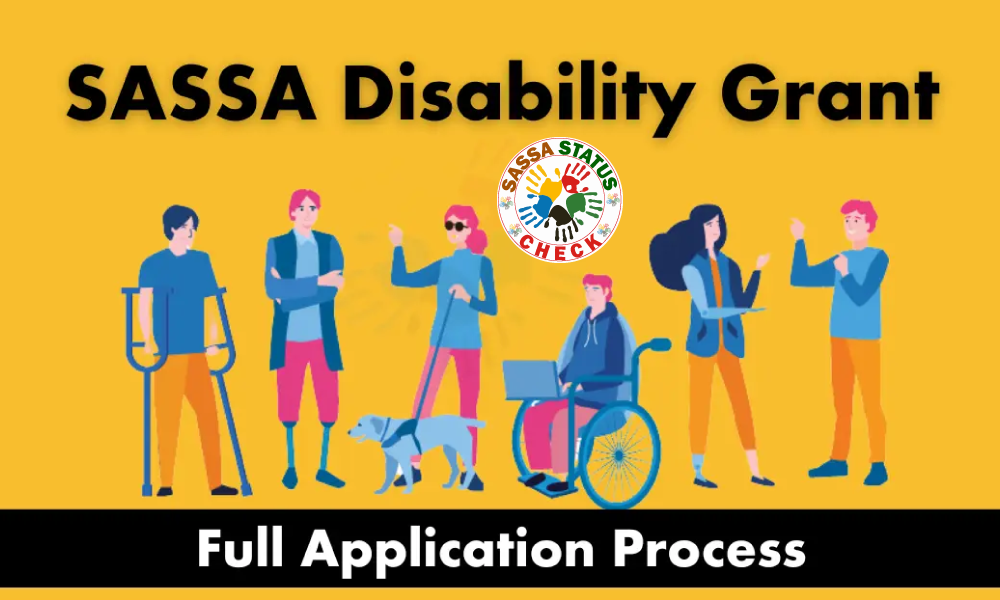
How do you know if you qualify for SASSA Disability Grant?
To qualify, you must meet the following criteria:
- Be a South African citizen, permanent resident, or a refugee within South Africa when you apply for the grants.
- Be within the age of 18-59 years old.
- Shall not be taken care of by any other state institution
- Have a 13-digit Identity document that is barcoded.
- Not be earning more than R86,280 if you are unmarried or R172 560 if married.
- Do Not have assets that are worth more than R1 227,600 if unmarried or $2 445 200 if you are married.
- Undergo a medical examination by a professional doctor that will be appointed by the state who will assess the degree of your disability.
- Bring with you all medical records and reports when the time of making your application comes and the assessments are complete.
The doctor assigned to you will then make a medical report and send the report to the South African Social Security Agency (SASSA).
The report will be valid for only 3 months starting from the date of assessment.
Note: If you are under the age of 18 and require permanent care because of your disability, your main caregiver can apply for a Care Dependency grant for you. If you don’t have an ID, you will be asked to complete an affidavit and give proof of having applied for the document from the Department of Home Affairs. If you have not applied for an ID, you must complete it within 3 months of applying for SASSA disability grant.
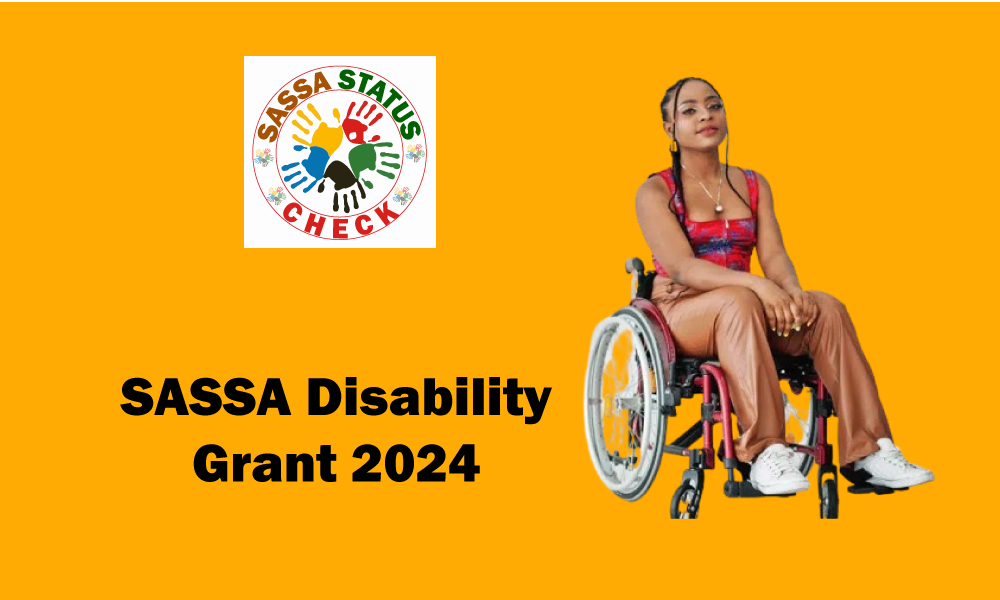
How much will you obtain?
The maximum you will be paid is R2 090.
You can Check your SASSA status here.
How will you be paid?
The grant will be paid to you through the following methods:
- Cash on hand at a pay point on an assigned day.
- Online/electric deposit straight to your bank account, including Postbank (The bank may possibly charge you for the service)
- An institution that is not funded by the state. For example, a home for disabled people.
On what conditions may your grant be suspended?
The following reasons may lead to the suspension of your SASSA disability grant:
- Your circumstances change
- The outcome of your review
- If you don’t cooperate when your grants are reviewed
- When you commit fraud
- If there was a mistake in approval.
When will your grant lapse?
The grant will elapse when:
- You pass away
- You are sent to a state institution
- You fail to collect the grants for 3 months straight
- You are not in the country
Please note: If you are admitted to any institution which has a state contract to care for you, the SASSA grants will be reduced to 25% the maximum amount of the grant. That will start with full effect when you are in the institution for more than 4 months. The reduced grant is then reversed once you are discharged from that institution.
What you should do?
- Complete a disability grant application form at your nearest South African Social Security Agency (SASSA) office in the presence of a SASSA officer.
- Submit the following:
- Your 13-digit bar-coded identity document (ID). If you don’t have an ID:
- You must complete an affidavit on a standard SASSA format in the presence of a Commissioner of Oaths who is not a SASSA official.
- You must bring a sworn statement signed by a reputable person (like a councilor, traditional leader, social worker, minister of religion or school principal) who can verify your name and age.
- The SASSA official will take your fingerprints.
- You will be referred to the Department of Home Affairs to apply for the ID while your application is processed. If you don’t get an ID, your grant will be suspended.
- A medical report and functional assessment report confirming your disability.
- Your 13-digit bar-coded identity document (ID). If you don’t have an ID:
- Proofs;
- residence.
- Income
- Private pensions
- Assets and total value
- Your 3-month bank statements
- Refugee status permit and 13-digit refugee ID
- A copy of the will and the first and final liquidation and distribution accounts, if your spouse died within the last five years.
- After submitting your application you will be given a receipt to keep as proof of application.
What if your application is not approved?
- The Social security office you applied at will inform you with a written letter that your application was not successful.
- If your grant was disapproved, the office will also give a detailed description of the reasons your grant was deemed unsuccessful. If you have any disagreements, you can appeal to the Minister of Social Development in written form, explaining why u disagree.
- Appealing within 90 days of receiving the notification about the outcome of your application.
How long does it take?
- It may take up to 3 months after you apply for the grants.
- Once they are approved, you will start getting paid on the date you applied.


